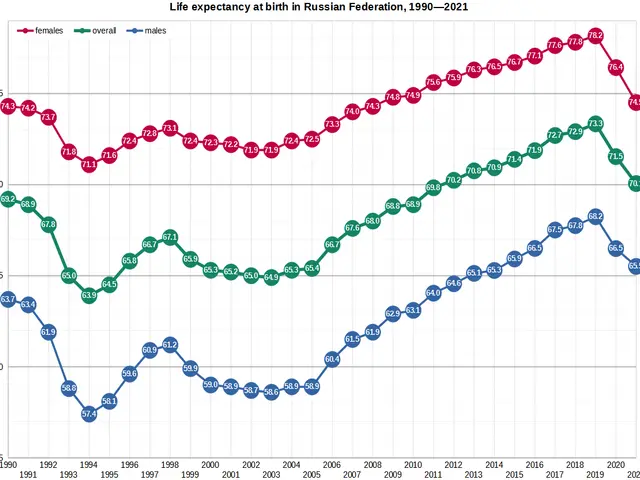Finance Pioneers: The Trailblazers Transforming Financial Landscapes Using Blockchain Technology
=================================================================================
In the ever-evolving landscape of finance, a revolutionary force is making its mark - blockchain technology. This digital ledger system, initially introduced by the enigmatic figure Satoshi Nakamoto with the creation of Bitcoin in 2008, has since sparked a revolution that promises to reshape the financial world.
One of the key innovations driving this change is the concept of Smart Contracts. These self-executing contracts, whose terms are written into code, eliminate the need for intermediaries and enable trustless transactions. Pioneers like Vitalik Buterin, co-founder of Ethereum, and Charles Hoskinson, founder of Cardano, have played a pivotal role in the development of smart contract technologies. Their platforms have enabled many DeFi (Decentralized Finance) projects and fostered innovation in this space.
DeFi applications, operating on open and permissionless networks, emphasize accessibility and inclusivity. Innovators such as Andre Cronje, Hayden Adams, and Robert Leshner have been instrumental in building DeFi protocols and platforms. These platforms have driven innovation and adoption in decentralized finance, revolutionizing various financial processes, including lending, insurance, and supply chain management.
As the blockchain and cryptocurrency space continues to grow rapidly, regulators worldwide are grappling with how to govern this emerging industry. While approaches vary, the integration of blockchain into traditional banking and payment systems is likely to continue. This integration promises faster, cheaper, and more secure financial services for consumers.
The maturation of DeFi and the wider adoption of Central Bank Digital Currencies (CBDCs) are key components of the future of blockchain in finance. CBDCs, digital versions of a country's national currency issued and regulated by the central bank, have the potential to streamline cross-border transactions, reduce transaction costs, and improve financial inclusion. Several governments and central banks, such as China and the European Central Bank, are exploring or piloting CBDCs.
Asset tokenization, the process of representing physical or financial assets as digital tokens on a blockchain, offers liquidity and fractional ownership of traditionally illiquid assets. This development, along with the increased tokenization of assets, will likely play a significant role in the future of finance.
Companies like Square and PayPal are embracing blockchain and cryptocurrencies, allowing users to buy, hold, and spend digital assets. Startups like Chainalysis and Elliptic are also developing blockchain analytics tools to help financial institutions and regulators track and monitor cryptocurrency transactions, ensuring compliance and security in this new digital frontier.
In conclusion, the future of finance is bright, with blockchain technology offering banks opportunities to streamline processes, reduce fraud, and enhance security. As innovation continues to flourish in the blockchain and cryptocurrency space, it is clear that these innovators will play a crucial role in shaping the future of finance.








